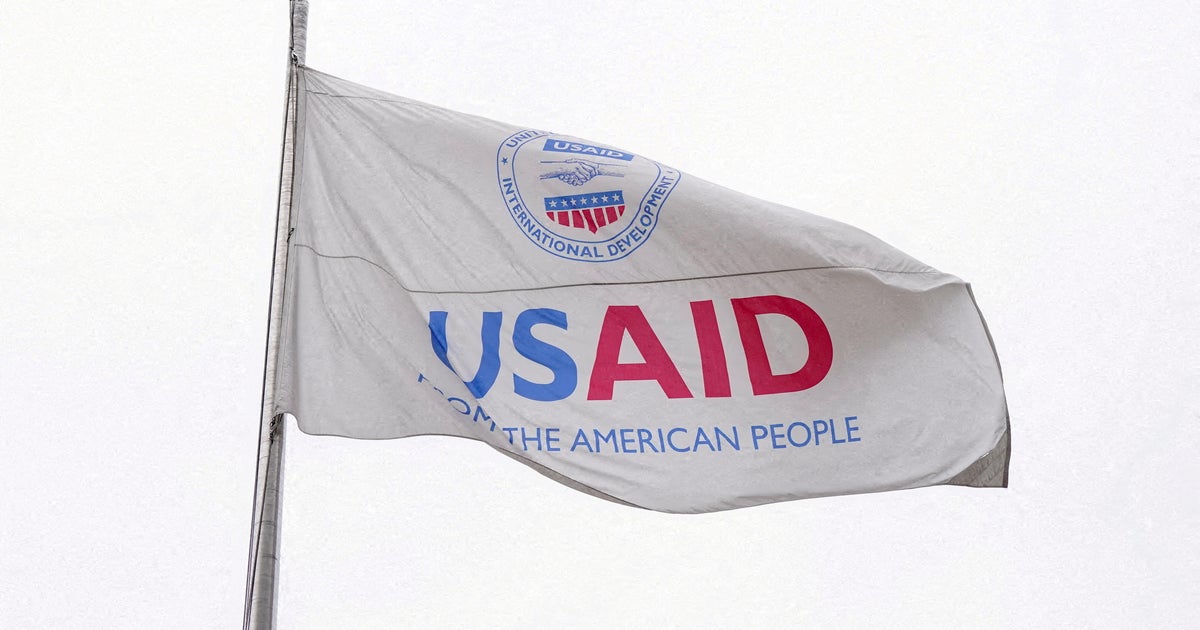In a recent landmark decision that continues to create waves through the United States political and legal landscape, a divided panel of judges from the U.S. Court of Appeals for the District of Columbia Circuit ruled on a significant issue concerning the Trump administration’s authority over foreign aid spending. This ruling has major implications for the administration of foreign aid and the balance of power between the legislative and executive branches of the government.
On Wednesday, two judges out of the three-judge panel decreed that the Trump administration has the legal ground to suspend or terminate billions of dollars in foreign aid previously appropriated by Congress. This decision came after President Donald Trump, upon his inauguration for a second term, issued an executive order on his first day in office, instructing the State Department and the U.S. Agency for International Development (USAID) to freeze spending allocated to foreign aid.
This executive order prompted a series of lawsuits from groups of grant recipients, non-governmental organizations, and international development contractors who benefit from these funds. They contested the order, which led to a legal battle seeking to safeguard the appropriated funds intended for a variety of global initiatives, including health programs and aid designed to combat HIV and AIDS.
Initially, these grantees found a glimmer of hope in the court system when U.S. District Judge Amir Ali issued an order demanding that the Trump administration release the full amount of foreign assistance designated by Congress for the 2024 budget year. Judge Ali’s ruling was aimed at maintaining the flow of congressionally mandated funds against the executive order that put a freeze on them.
However, the appellate court’s majority, consisting of Judges Karen LeCraft Henderson and Gregory Katsas, partially vacated Judge Ali’s order. They reckoned the plaintiffs challenging the freeze lacked a substantial legal footing to warrant the preliminary injunction that had temporarily restored the funding flow. Judge Henderson, in her written opinion, specified that the grant recipients did not meet the essential legal prerequisites required for such an injunction, ultimately leading to this part of their appeal being dismissed.
The appellate ruling did not delve deeply into the merits of the case concerning whether the executive act interfered unconstitutionally with Congress’s power of the purse. It centered primarily on procedural grounds, sidestepping more profound constitutional issues about the separation of powers. The judges upheld that the dispute over the district court’s remedy need not be resolved since the threshold for a preliminary injunction had not been met regardless.
In sharp contrast, dissension came from Judge Florence Pan, the third member of the panel, appointed by Democratic President Joe Biden. She ardently disagreed with the conclusion of her colleagues. Judge Pan critiqued that the Supreme Court has steadfastly held that the president cannot disregard laws out of policy disagreements. She argued that the majority opinion not only misconstrued the grantees’ separation-of-powers claim but also misapplied judicial precedent. Judge Pan stated that the decision, in effect, permitted executive branch officials to bypass judicial scrutiny for actions that could be constitutionally questionable.
Adding further layers to the debate, President Trump has continually described the foreign aid funds as wasteful expenditures that diverge from his stated foreign policy objectives. This portrayal likely influenced the decision to halt the outgoing funds, aligning foreign spending more closely with his administration’s strategic priorities.
The political composition of the judiciary panel also reflected broader partisan dynamics, with Henderson nominated by Republican President George H.W. Bush and Katsas by Trump himself. Their backgrounds have prompted some public and legal analysts to speculate about the influence of political considerations on judicial decision-making, especially in cases with significant national policy implications such as this.
Financially, the suspension affects nearly $4 billion designated for USAID’s global health programs and over $6 billion aimed at combating HIV and AIDS internationally. These programs have been instrumental in advancing U.S. humanitarian objectives overseas, representing vital components of America’s foreign assistance efforts.
This decision underscores the ongoing tension between the executive and legislative branches over control of foreign aid, highlighting the complex interplay of law, politics, and policy that shapes the U.S. government’s approach to international relations and humanitarian aid. As the implications of this ruling continue to unfold, it invites a broader discourse on the role of the judiciary in mediating disputes that have deep political and social ramifications.









